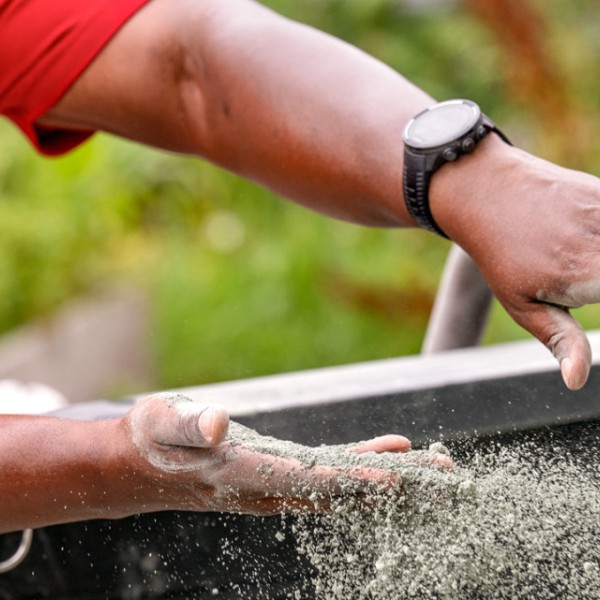Roop Singh ’14 is a climate risk advisor for the Red Cross Red Crescent Climate Centre. The Red Cross Red Crescent is frequently the first to respond to natural disasters, operating in over 190 countries worldwide. The Climate Centre works in concert with its disaster response teams to understand and mitigate the impacts of climate change and the more-frequent extreme weather it causes. Singh, who majored in earth and atmospheric sciences at CALS, leads the center’s work on heat risk and hosts the “Can’t Take the Heat” podcasts. Her work as a climate risk advisor involves serving as an interlocutor among scientists, policymakers and disaster risk management practitioners.
Here, she talks about her climate work and shares how her time in CALS laid the foundation for her career and helped her reconnect with family roots.
You launched the “Can’t Take the Heat” podcast in June 2020. What was your impetus?
I think a lot of people don’t realize that the humanitarian sector is on the front line of climate change. We often hear about climate change from politicians and scientists, but we don’t hear from this whole sector of people who are working daily with people affected by disasters; they’re really seeing the impacts of climate change firsthand. They’re seeing that these disasters are happening back to back to back, and they’re not able to continually respond, as the next disaster starts before the last one has even finished. So I started the podcast to share some of that perspective, whether it’s about heat risk, health and climate change, conflict and climate change – we’re working across so many different areas.






